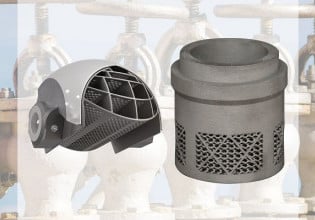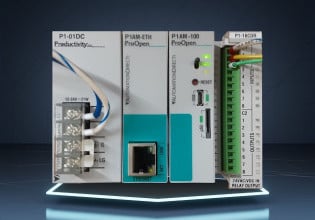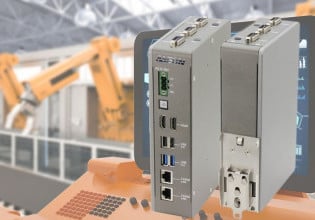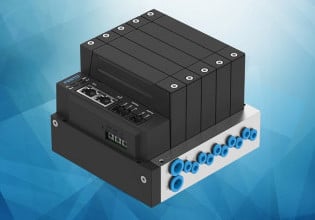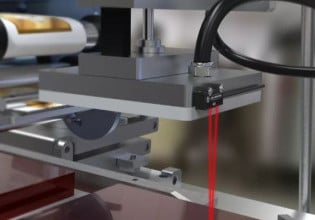Hyundai Robotics Partners with Samsung Engineering to Automate Pipe Spool and Steel Frame Manufacturing
Hyundai Robotics join forces with Samsung Engineering to promote smart robot automation in manufacturing key materials required for plant construction.
Hyundai Robotics holds its influence as a leading supplier of robot automation systems on painting/sealing automation lines, press automation lines, engine assembly automation lines, and rear plate arc welding systems.
Hyundai Robotics and Samsung Engineering sign an agreement for the automation of spool pipe and steel frame manufacturing. Image courtesy of Hyundai Robotics.
The company takes on system design, installation, and test drive. Recently, Hyundai Robotics signed a contract with Samsung Engineering to construct the Smart Piping Shop, leading to a business agreement for steel frame manufacturing automation.
Key Materials for Plant Construction
The signing ceremony for Hyundai Robotics’ and Samsung Engineering’s agreement took place at Samsung GEC (Global Engineering Center) in Sangil-dong, Gangdong-gu, on December 1, 2020. Both parties agreed on terms centered on the automation of manufacturing pipe spools and steel frames.
Pipes are integral for the passage of raw materials and products within plants. Pipe spools can be made using various raw pipes and pipe fittings, including elbows, tees, flanges, and more.
Subassemblies result from an initial assembly of such materials before the final pipe spool is made by fitting other additional components through either roll fitting and welding or position fitting and welding. Specialist fabrication companies with the right equipment and infrastructure normally handle pipe spools construction.

Hyundai robots designed for steel and welding applications. Image courtesy of Hyundai Robotics.
Steel frames are an important support structure for plant equipment and help to protect them. Steel framework can also be used for supporting the plant structure itself.
Steel can be made into vertical columns or horizontal beams that can be bolted, riveted, or welded together. Challenges facing pipe and steel frame manufacturing include time delays, cost, and the willpower and skill of workers required to carry out the process.
Corporation for Improved Automation
Samsung Engineering explained why they signed the memorandum of understanding (MOU) with Hyundai Robotics. They could improve product quality, expedite the construction process, and reduce costs via automation. Hyundai Robotics will utilize its robots to automate the handling, cutting, assembling, processing, and welding required for pipe spool and steel frame manufacturing processes.

Hyundai Robotics welding robot and staff. Image courtesy of Hyundai Robotics.
In a recent news release by Hyundai Robotics, one of the company’s officials said, "It is an honor to newly demonstrate robot-based welding automation by Hyundai Robotics.” He also expressed that the company wishes to “advance to various manufacturing processes by developing and applying the welding solution expanded through this cooperation."
In the future, Samsung Engineering aims to build a manufacturing automation facility with a domestic pipe and steel frame manufacturer. The facility will adopt jointly developed equipment and technology with Hyundai Robotics and supply pipes and steel frames to individual project sites.


